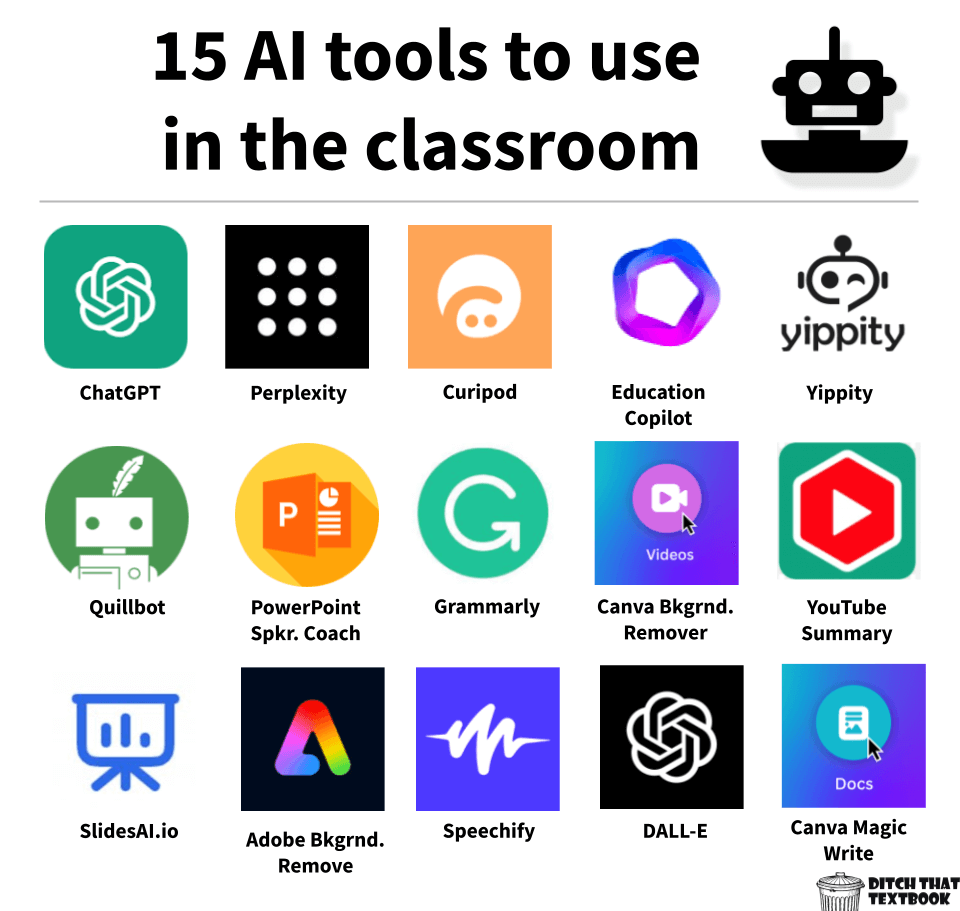Adapting Higher Education for the AI Era
Higher education must adapt to AI's rise, integrating AI literacy and ethics into curricula to prepare graduates for an AI-augmented world.

Adapting Higher Education for the AI Era
As generative artificial intelligence (AI) becomes deeply embedded in academic environments, higher education institutions face urgent demands to adapt their training models to prepare graduates with authentic skills for an AI-augmented world. Recent reports and studies highlight both the widespread use of AI tools by students and the lagging responses from universities, underscoring the need for intentional, strategic integration of AI literacy and ethics into curricula.
Generative AI's Pervasive Impact on Student Learning
A September 2025 study by the plagiarism detection platform Copyleaks revealed that nearly 90% of college students have used AI tools for academic purposes, with over half engaging weekly. Students are turning to generative AI not only for quick answers but also for brainstorming ideas, tutoring, and exam preparation. This trend marks a fundamental shift in how students approach learning—prioritizing immediate, technology-driven assistance over traditional human sources such as instructors or tutors.
However, this convenience presents challenges. Many educators observe that AI can fulfill the transactional requirements of assignments without promoting genuine understanding, potentially undermining deep learning and critical thinking. The widespread, sometimes unregulated, use of AI tools has prompted calls for clear academic integrity policies that address when and how AI may be used responsibly.
Institutional Struggles to Adapt and Lead
Despite AI’s rapid adoption by students, many universities are struggling to keep pace. A January 2025 report from the Digital Education Council found that while 61% of faculty had used AI in teaching, 88% reported only minimal to moderate integration, indicating hesitation or uncertainty about how to leverage these tools effectively. This gap between student usage and institutional response risks widening the divide between educational delivery and student expectations.
Experts emphasize that higher education can no longer treat AI as a novelty or a passing fad. Jaime Hunt, president of Solve Higher Ed, stresses that institutions must move beyond experimentation toward intentional AI adoption aligned with broader educational goals. Without a deliberate strategy, schools risk falling behind in delivering the personalized, tech-enabled experiences students increasingly expect.
Toward Authentic Skill Development in an AI-Driven Era
The core question for educators is how to train graduates who are authentically skilled—not just capable of using AI tools but understanding their ethical implications and integrating them critically into their work. The report "The Reckoning: Training Authentically Skilled Graduates in the Age of Generative AI" from Inside Higher Ed outlines recommendations for faculty and administrators:
- Develop AI literacy across disciplines to enable students to discern appropriate AI use and limitations.
- Design assessments that emphasize critical thinking and creativity, reducing the opportunity for AI to simply generate answers.
- Create transparent policies regarding AI usage that balance academic integrity with flexibility, acknowledging AI’s growing role.
- Invest in faculty development to build confidence and competence in teaching with AI tools.
These approaches aim to align AI integration with the goal of preparing graduates not only to survive but thrive in workplaces transformed by AI technologies.
The Broader Context and Implications
The integration of generative AI into higher education reflects a broader societal shift where AI tools are reshaping knowledge work. Students increasingly compare their educational experiences to personalized digital services like Amazon and Netflix, expecting seamless, responsive interactions. As AI becomes a common element of daily life, universities serve as critical sites for shaping how future professionals use these technologies ethically and productively.
Midwestern institutions such as the University of Cincinnati are pioneering AI policy discussions and literacy initiatives, exemplified by tech conferences focusing on the intersection of AI, creativity, and education. These efforts highlight the potential for higher education to lead in crafting a balanced approach—leveraging AI’s benefits while safeguarding the development of genuine skills.
Visual Representation Suggestions
- Photos from recent AI-focused educational conferences, such as MidwestCon 2025 at University of Cincinnati’s Innovation Hub, showcasing panel discussions or workshops on AI in education.
- Screenshots or logos of generative AI tools widely used by students (e.g., ChatGPT, Copyleaks).
- Infographics depicting statistics on student AI usage and faculty adoption rates.
- Images of faculty training sessions or classrooms integrating AI literacy programs.
The era of generative AI demands a reckoning for higher education: to move beyond fear or novelty toward strategic, ethical, and skill-focused integration. Training graduates who can navigate and innovate with AI responsibly is not merely a challenge but an imperative for maintaining educational relevance and societal progress.



